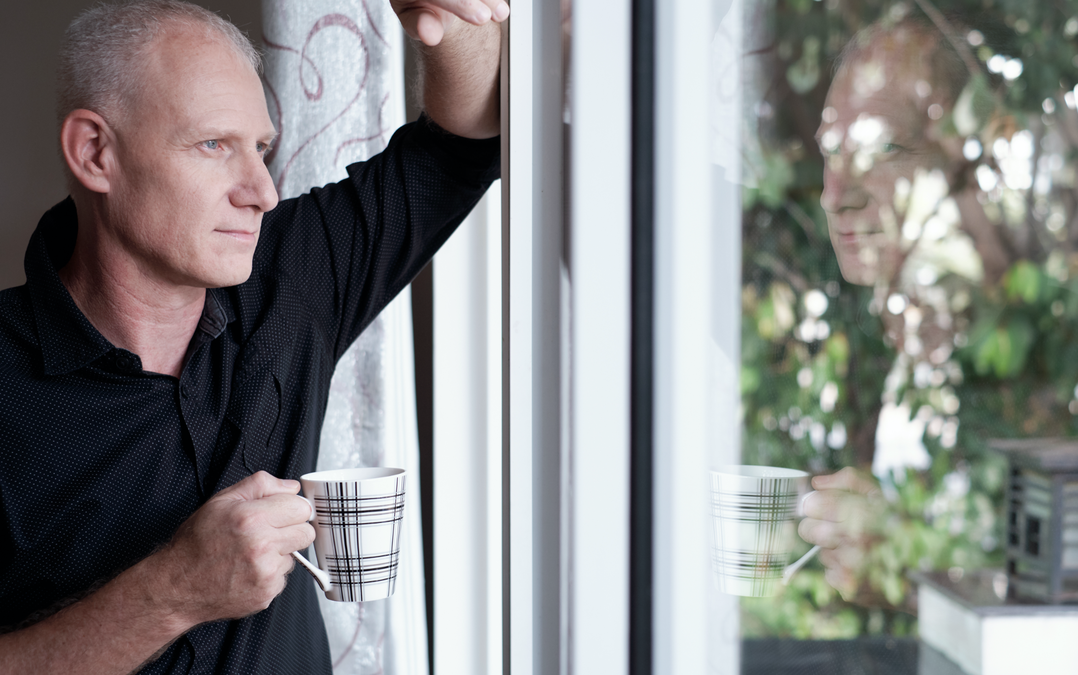Coronavirus: how to self-isolate
If you've just flown into Australia from overseas, you'll need to self-isolate for 14 days.

The Australian government has made it mandatory for all inbound international travellers to self-isolate for 14 days, effective as of Monday March 16,
Prime Minister Scott Morrison declared the drastic move as necessary to slow the spread of the coronavirus throughout the community.
“What we've seen in recent weeks is more countries having issues with the virus and that means the source of some of those transmissions are coming from more and more countries," Morrison said. “Bans have been very effective to date.”
“The government can't manage every hour of your life and tell you what to do every hour of the day but we can ask you to listen to the information and make your best judgements as you count yourself and your family and those around you," he added.
Self-isolation applies to everyone, citizens and visitors alike, who step off any international flight (as part of the measure, cruise ships from international ports have also be banned).
1. Stay at home
Yes, it sounds obvious, but this is where effective self-isolation begins. You shouldn’t leave home unless it’s to receive medical care – and even then, make sure you’ve called ahead.
Keep in touch with your colleagues, family and friends over the phone but avoid receiving any visitors: only have visitors who you must see, have them stay two metres from you, and keep their visits short.
But ensure that seniors, people with chronic medical conditions (such as diabetes, lung problems or a weakened immune system) and anyone who soon has a medical procedure scheduled.
2. Separate yourself from others
Try to limit yourself to as few rooms as possible in the house (including just one bathroom, if your home has several) – but make sure your room has good airflow.
Don’t share glasses, crockery, cutlery or towels with anyone else once you’ve used them. Wash clothing and towels at a temperature of at least 60C, and keep “high-touch” areas – counters, toilets, sink tap handles, tabletops, doorknobs, TV remotes, bedside tables etc – daily using regular household cleaners, although there’s no harm in reaching a more robust household disinfectant.
If you’re cooking your own meals, do so when others are not in the kitchen, and eat meals in your own space rather than at the dining table.
Otherwise, it’s time to experiment with the local Uber Eats menu and to put the local Thai take-away on speed-dial.
3. Get online
Use online shopping and meal delivery services, or have friends pick up what you need – but make sure that any delivery instructions require the items to be left at the door, not handed over to you in person.
Make the most of ‘remote working’: you might be surprised at how effective it can be, and you might even decide you’d like to do it more often once the mandatory self-isolation period is over.
4. Hand-washing and sanitisation
By now, you should already be using an alcohol-based hand sanitiser throughout the day and washing your hands often and thoroughly, using soap and water while you count to 20 seconds.
Then rinse and dry your hands thoroughly, and make sure nobody else uses that towel. And of course, avoid touching your eyes, nose and mouth with unwashed hands.
5. Safely dispose of tissues after you cough or sneeze
Cover your mouth and nose with a tissue when you cough or sneeze; otherwise, cough or sneeze into your upper sleeve or elbow, not your hand.
Throw used tissues into a plastic bag, or a bin lined with a disposable plastic bag, and keep washing your hands with soap and water.
6. Wearing a mask
It’s considered a sensible precaution to wear a mask (if you have one) when you’re in the same room with other people, or if you visit a doctor or medical centre for any necessary treatment.
7. Monitor your health
Be aware of any physical changes to how you feel. A fever and difficult with breathing are two hallmarks of Covid-19, more than sniffles, sneezing or even coughing, which can all be attributed to anything ranging from an allergy flare-up to a common cold.

Qantas - Qantas Frequent Flyer
14 Sep 2012
Total posts 382
David what's the situation when you land back at the airport, can you catch a taxi, Uber or catch the train post arrival or do you need to arrange your own transport home?
Turkish Airlines - Miles & Smiles
08 Jun 2014
Total posts 262
What if you have a domestic flight right after?
Qantas - Qantas Frequent Flyer
19 Feb 2019
Total posts 9
From the Australian Government's guidance at https://www.health.gov.au/sites/default/files/documents/2020/03/coronavirus-covid-19-information-for-international-travellers_0.pdf: All travellers must isolate for a period of 14 days after they have entered Australia. If you need to transit domestically, you may complete this transit and then begin your precautionary 14 day self isolation period. If you have a layover, you must remain in the airport or self-isolate in your accommodation for the transit period.
28 Aug 2015
Total posts 24
I'll find out 6 am tomorrow when I land in SYD, connecting to BNE
Etihad - Etihad Guest
31 May 2019
Total posts 5
Did everything go OK for you?
Qantas - Qantas Frequent Flyer
21 Mar 2018
Total posts 16
Not so far. I'm still waiting.
Qantas - Qantas Frequent Flyer
19 Feb 2019
Total posts 9
The Australian Government's Isolation Guidance (https://www.health.gov.au/sites/default/files/documents/2020/03/coronavirus-covid-19-isolation-guidance_2.pdf) contemplates the possibility of those in self-isolation using public transport:
'Stay at home or in your hotel. When travelling home or to your hotel to start isolation use personal transport, such as a car, to minimise exposure to others. If you need to use public transport (e.g. taxis, ride-hail services, trains, buses and trams), follow the precautions outlined in the public transport guide at www.health.gov.au/covid19-resources'
Qantas - Qantas Frequent Flyer
26 Apr 2011
Total posts 17
Thank you for a good practical summary of what self-isolation means. Very helpful thanks.
16 Apr 2016
Total posts 4
Can you fly back out of Australia within the 14 days self isolation?
Qantas - Qantas Frequent Flyer
06 Mar 2020
Total posts 8
Thanks. Some good detailed points to focus on
Qantas - Qantas Frequent Flyer
21 Mar 2018
Total posts 16
Will Qantas start providing complimentary toilet rolls to platinum / P1 frequent flyers as landing gifts now? If they don't I will take my business elsewhere.
QF
11 Jul 2014
Total posts 1024
I spoke to a couple of people that came in through Sydney this morning and the line was long, border force officers were explaining what to do.
Qantas - Qantas Frequent Flyer
30 Oct 2018
Total posts 5
Does this apply retrospectively to those who've been overseas in the last 14 days before this was implemented?
Etihad - Etihad Guest
31 May 2019
Total posts 5
I arrived in Brisbane this morning from LA on QF16, with a connection to Canberra. The process was very smooth and straight forward. A government official addressed passengers after the plane landed to explain what we needed to do. We were given an info sheet and form to complete saying where we would be self-isolating. That was pretty much it. No problems with the domestic connection.
Hi Guest, join in the discussion on Coronavirus: how to self-isolate